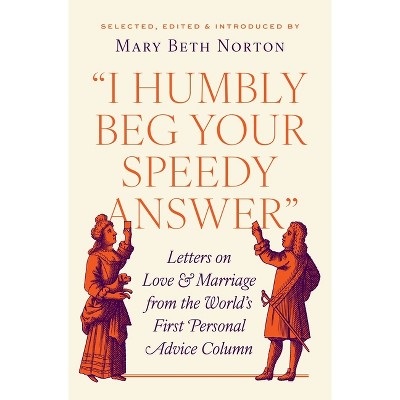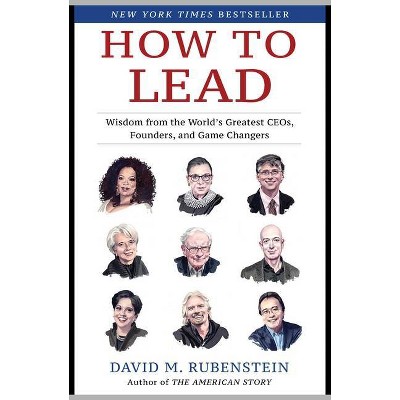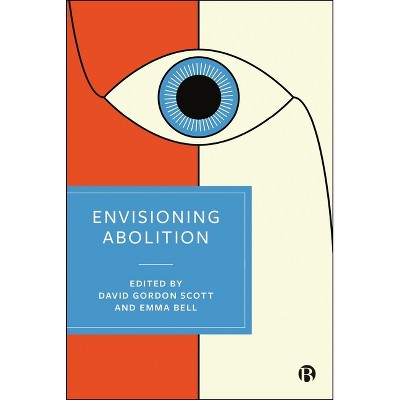Sponsored

Doxxed - by Briony Anderson (Hardcover)
Pre-order
Sponsored
About this item
Highlights
- What happens when your personal information is weaponised against you online?
- About the Author: Briony Anderson is Career Development Fellow in the Department of Sociology at Durham University.
- 176 Pages
- Social Science, Criminology
Description
Book Synopsis
What happens when your personal information is weaponised against you online?
This groundbreaking book offers a novel examination of doxxing--the malicious sharing of private, identifiable and sensitive information--through a feminist and post-humanist lens. Drawing on in-depth interviews with 18 victim-survivors, it reveals the deeply gendered harms of privacy abuse, from public shaming and reputational damage to the erosion of informational autonomy.
Challenging conventional understandings of digital abuse, the book foregrounds the lived experiences of those affected and calls for urgent, victim-centred reforms. A vital resource for scholars and advocates, it reimagines data rights in a digital world increasingly shaped by surveillance and control.
Review Quotes
'In Doxxed: How Privacy Abuse Harms, Briony Anderson provides a compelling and eminently readable account of the violence experienced when our "informational autonomy" is breached. A must-read for criminologists, legal scholars, and policymakers concerned about the erosion of privacy in our digital society.' Anastasia Powell, RMIT University
'Compelling reading for all those interested in digital criminology, gendered abuse, and privacy and data rights. Briony Anderson's competent and thought-provoking writing fills an important gap in the literature.' Anita Lavorgna, University of Bologna
'Anderson's incisive, empirical analysis of ruptures to privacy through doxxing shows that informational autonomy is well worth fighting for.' Justin Ellis, University of Newcastle, Australia
About the Author
Briony Anderson is Career Development Fellow in the Department of Sociology at Durham University.Shipping details
Return details
Frequently bought together

Trending Non-Fiction
















